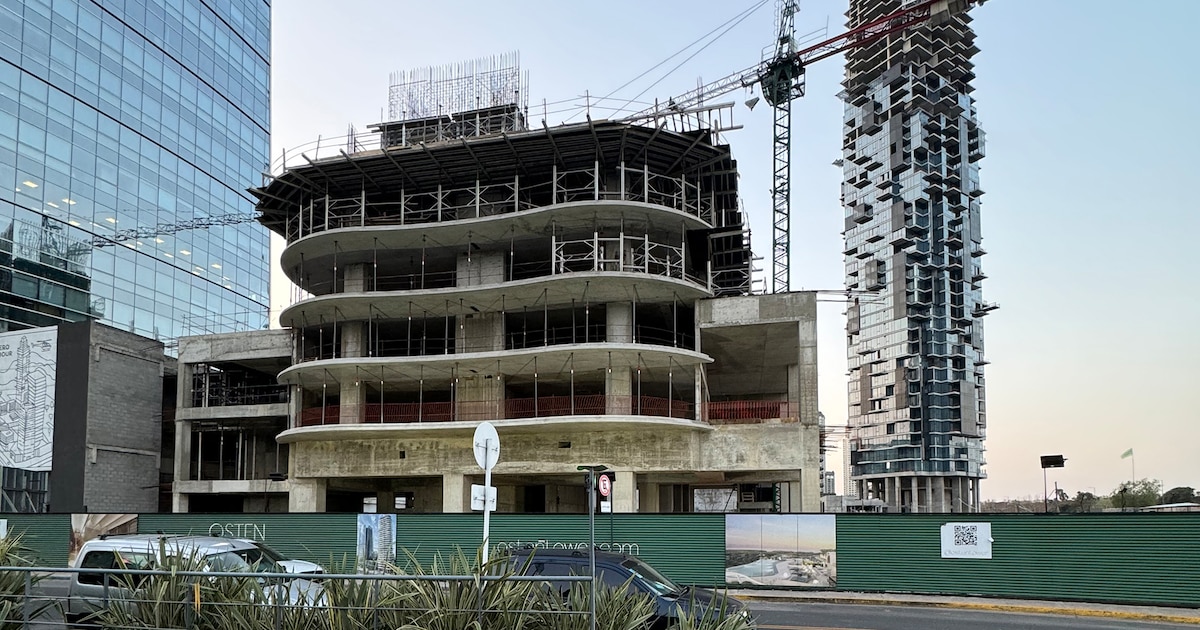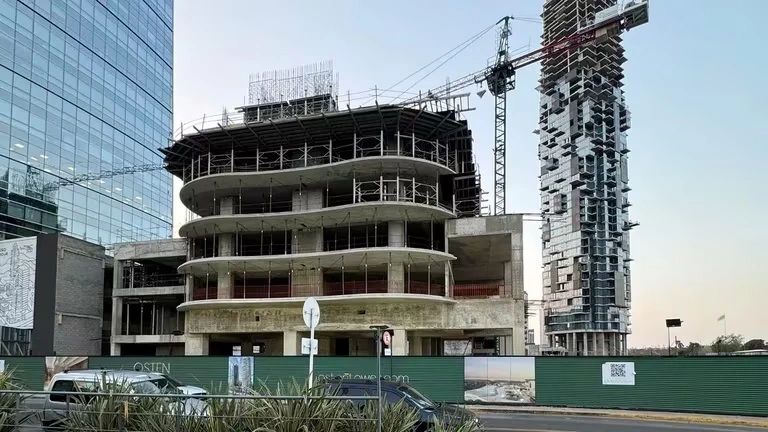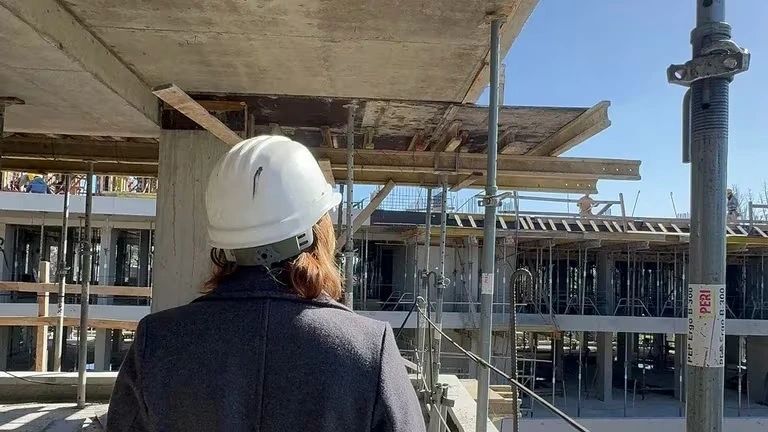BuySellBA
Administrator
Money laundering: How the AFIP registry works to invest without limits or costs in real estate projects - Infobae

Source:

Blanqueo: cómo funciona el registro que abrió la AFIP para invertir sin tope ni costo en proyectos inmobiliarios
La agencia fiscal lanzó el sitio para inversores. Los alcances de la medida, cómo inscribirse y las expectativas del sector desarrollador y constructor
August 24, 2024
The tax agency launched the site for investors. The scope of the measure, how to register and the expectations of the developer and construction sector
By Jose Luis Cieri

Progress of Osten Tower in Puerto Madero, with units from 46 m2 in concession from USD 229,000
Within the framework of the money laundering launched by the government of Javier Milei , the Federal Public Revenue Administration (AFIP) enabled the Registry of Real Estate Projects (REPI) for investments in new projects or those with a degree of progress of up to 50 percent.
The regulations have already entered into force. According to the agency, the works can be reported in order to allocate the regularized funds without a limit and without cost.
Alejandro Ginevra , from the GNV Group, explained to Infobae the detailed steps for registering projects in the REPI: “Registration is quite dynamic and requires verifying the project address and the CBU assigned to receive funds. This process includes loading data such as the value of the work, total surface area and information about the director and technical representative. With this data loaded/verified, the project is registered.”
The development must be less than 50% complete or have started after July 2024. The form asks for information on the value of the work in pesos, total square meters and open square meters in covered/semi-covered/uncovered, information on the director and technical representative of the work, among others. In addition to the cover of the plan and the building permit, it should be noted that only PDF documents of less than 5 megabytes can be uploaded.
“The files must meet the requirements; then the system issues a number for the Property Transfer Offer Code (COTI), a receipt is issued and that is what the buyers must use,” Ginevra recommended.
The regulations allow for the registration of a wide range of real estate projects, including residential and non-residential buildings, renovations and extensions.
There are no limits or costs for reporting projects, which is a significant advantage for the sector. “The advantage of money laundering lies in the zero cost, benefiting significant volumes of money and reinforcing the preference of the Argentine public for brick and mortar instead of banking,” said the businessman.
Boosting construction
One of the beneficial aspects of whitewashing is that it will boost the already dynamic construction sector.Leonardo Rodríguez Nader , CEO of CMNV-Comunidad de Inversión, said that this proposal will contribute to the growth of projects. He also explained that those investors who wish to take advantage of the money laundering regime “must be individuals, undivided estates and corporate entities that are tax residents in Argentina as of December 31, 2023, or non-residents who have been residents previously.”

Between CABA and Greater Buenos Aires, more than 90,000 homes are currently under construction
The relaxation of controls on dollar transfers by the Central Bank of the Argentine Republic (BCRA) also plays a crucial role in the implementation of this measure.
Rodríguez Nader said that “several savers who have funds abroad in dollars could feel encouraged to participate. This would increase the flow of capital, boosting the development of new projects.”
Steps
Hernán Nucifora , CEO of Global Investments, pointed out that it is essential to know that projects must have less than 50% construction progress as of July 8, 2024 or not have started, and must be registered in the REPI with the corresponding certification.“This procedure includes the opening of the Special Account for Asset Regularization (CERA) and the transfer of funds without cost or permanence limit. In addition, it specified that investors must present the Real Estate Project Registration Code (COPI) at their banking entities to release the funds at no additional cost.”
Money laundering also offers tax advantages, constituting an opportunity for investors, builders and developers. As Infobae reported, assets worth up to USD 200,000 can be laundered free of charge .
Nucifora pointed out that the BCRA's provisions aim to ensure that externalized funds and movements in CERA accounts do not generate commissions or taxes on bank debits and credits. "In addition, those who launder money will not have to prove the origin of the externalized funds. The traceability of deposits will be guaranteed by the opening of CERA accounts and the aforementioned records," he stressed.

Those who launder their money will be able to buy homes today in projects that will be launched from the end of 2025 onwards
Scenery
According to Zonaprop, the cost of construction measured in dollars increased by 6.1% in 2024. This increase is one of the reasons that drives the price of brand new apartments.Building today costs 2.3 times more than it did in October 2020, the lowest in the series, and 2.3% above the 2012-2023 average.
Among the examples on the market, in Osten Tower, in Puerto Madero, a 46-square-meter apartment starts at USD 229,000 with units eligible for money laundering at a zero rate until September 30.
Other suitable projects, located both in CABA and in the province, with a price range of USD 2,200 per m2, are Bosque Pilar, Campus Norte in Villa Martelli and Global Urbana in Villa Urquiza.
Among the options are Uno BLV in Balvanera and Astillero Residencias Urbanas near Puerto Madero. “The first offers units from USD 1,776 per m2 and prices from USD 65,500, while the second offers homes from USD 118,000,” concluded Rodríguez Nader.
www.buysellba.com

